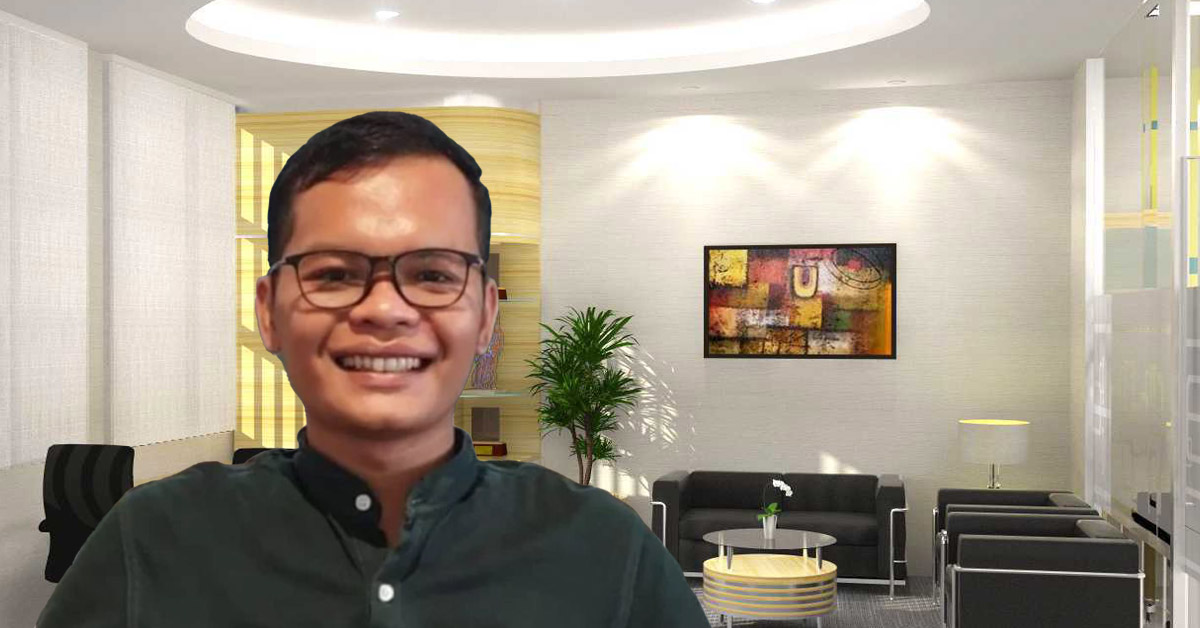Caring for the Legacy of Buya Syafii's Political Ethics
Indonesia's democracy is facing serious challenges. Although elections are running regularly and electoral participation remains high, the substance of democracy is getting thinner. State institutions lose their critical power, political parties are trapped in transactional logic, and civil society begins to lose the moral strength to resist the flow of power co-oppression.
In the midst of that situation, Buya Ahmad Syafii Maarif's name echoes again not because he is physically present, but because his moral-political heritage feels increasingly relevant. This figure, known as a Muslim scholar, statesman, and former Chairman of Muhammadiyah, has long asserted that politics without ethics is a shortcut to the destruction of the nation.
A Democracy That Has Lost its Moral Compass
If we refer to the indicators of democracy proposed by political scientist Larry Diamond, namely political competition, participation, rule of law, and accountability, then our democracy today is only wrapped up. The general election is still held, but the quality of the contest and the integrity of the organization are big questions.
Political parties tend to be controlled by elites who use political locomotives as a tool for accumulating power and wealth. In these conditions, the moral voices of an independent civil society are of paramount importance. But unfortunately, many religious organizations that were once critical now tend to be silent or even dissolve in the flow of power. This is where the presence of a figure like Buya Syafii becomes an oasis in the middle of a barren field of politics without ethics.
The Politics of Common Sense and Conscience
Buya Syafii is not a politician. But throughout his life, he was involved in politics in a very distinctive way: keeping his distance from power, but not absent from public discourse. For him, politics is part of an effort to bring justice and prosperity to the people. So politics must be carried out with common sense and conscience. He once said, "Islam with common sense, and politics with morality."
Buya's political ethics rests on three main principles. First, intellectual honesty, which encourages him to convey criticism even though it is unpopular. Second, the partiality of the weak, as seen in his criticism of the exploitation of natural resources that harm indigenous peoples. Third, his commitment to the integrity of the nation, which he proves by rejecting all forms of divisive identity politics.
Buya firmly rejected the politicization of religion for electoral interests. On various occasions, he reminded that religion is a source of value, not a tool of propaganda. When identity politics was rampant ahead of the 2019 election, he stood in the middle of keeping the nation's diversity from being sacrificed for a momentary victory.
Keeping Distance, Taking Care of Critical Reason
One of Buya's hallmarks is his ability to maintain a critical distance from power, without being caught up in blind opposition. He appreciated good policies, but also did not hesitate to criticize if the government deviated from the principle of justice. Buya's criticism of the weakening of the KPK, political oligarchy, and tolerance of religious intolerance shows his consistency in maintaining substantive democracy.
This attitude makes Buya an ideal representation of the concept of Islamic civil society developed by Robert W. Hefner, namely religion that encourages citizen involvement in building a strong, democratic, and tolerant civil society. Buya not only represents Muhammadiyah, but also the moral voice of the nation. Unfortunately, the legacy of this kind of attitude is increasingly rare. Many religious and intellectual figures today are caught up in pragmatic compromises. They prefer safe paths or even close to the circle of power for the sake of position and access to resources.
Rereading Buya's Heritage
Buya's legacy is not just a quote or a speech piece. He is a living example of integrity in public life. When many of the nation's elites pawned principle after position, Buya actually refused power when offered strategic positions in both the government and political parties. This attitude shows that political morality is not only about what is said, but also ethical choices in practice.
Today, when our democracy is besieged by waves of pragmatism, oligarchy, and public apathy, reviving the spirit of Buya is a must. We need public figures who are not only intelligent, but also honest and courageous to keep their distance from power in order to uphold the truth.
Reviving Buya-style political ethics does not mean rejecting power, but making power a mandate that must be carried out with integrity. This is important so that democracy is not only an arena for votes, but also a stage for service to the people.
Buya Syafii has passed away, but his moral legacy is not exhausted. It is precisely in this democratic situation that is experiencing regression, that his thoughts and example are increasingly needed. If our leaders still have the courage to reflect, then they will find in Buya an important lesson: that politics without morals is power without direction. And a nation without direction will easily be swayed in the storm of the times.
Aris Munandar - Islamic Politics Student of Graduate School of UIN Syarif Hidayatullah Jakarta
This article has been published in Modernis with the title "Merawat Warisan Etika Politik Buya Syafii", Wednesday, August 13, 2025.

